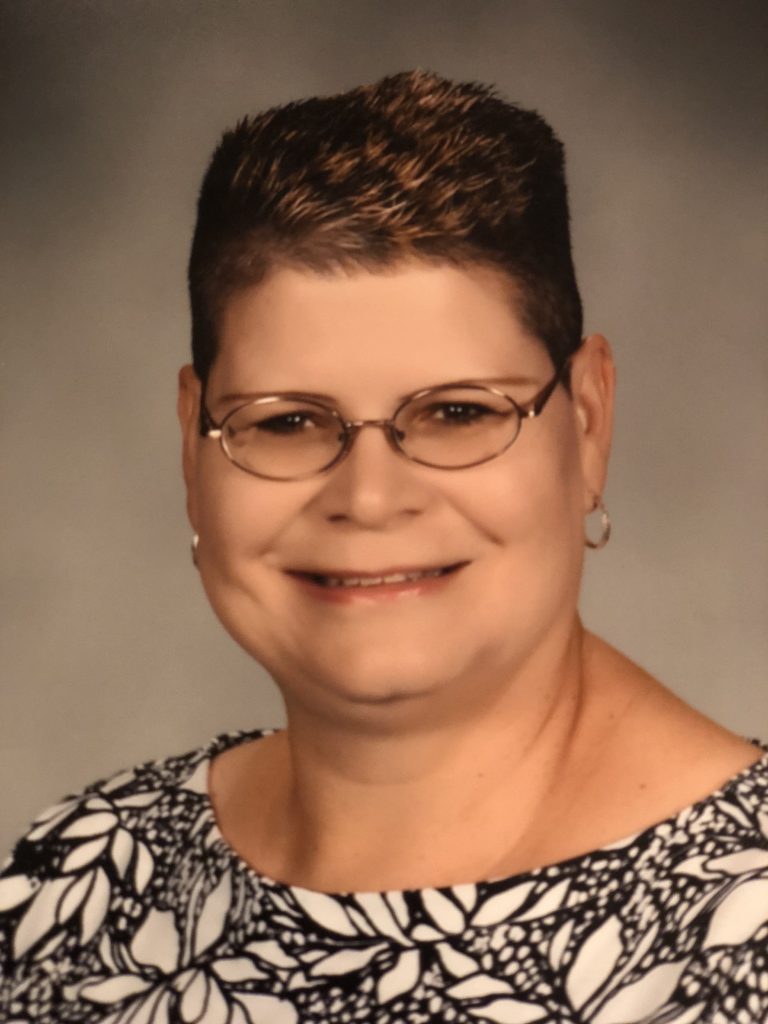Michele DelPrete looked up to her teachers as a student in the North Pocono School District, which led her to want to emulate them by becoming a teacher herself. After college, she ended up back where she started–teaching music at North Pocono High School. For most of her career over the past three decades, she didn’t pay much attention to what was going on with her union, the Pennsylvania State Education Association (PSEA), because she didn’t feel like it affected her directly.
After all, unions are supposed to represent members’ best interests, and she was busy with day-to-day classroom responsibilities.
But then officials with the local teachers union, the North Pocono Education Association (NPEA), made decisions that benefited themselves and hurt Michele’s younger, non-tenured colleagues, two young music teachers who were cheated out of extracurricular pay. That money that was shifted to other teachers, including two teachers who were also union officials.
In 2017, the leadership of NPEA convened a meeting of the school district’s extracurricular committee. The committee decided to eliminate three district summer music instruction positions while also reducing the pay of both the marching band director and assistant marching band director. The union leadership then decided to re-distribute those positions’ combined pay of $2,760 a year among other educators leading extracurricular activities.
The move benefited only veteran educators, including the union vice president and his wife, who at the time was the union grievance chair. By the time this decision was made, the two young music teachers had already worked in the eliminated positions for some months and were told they would not be receiving the additional income they had already earned.
“I wanted to file a grievance against my union,” said Michele. “But there’s no official, legal way for a union member to complain against her union. I guess it never occurred to either Pennsylvania lawmakers or union heads that union members might need protection from their own leaders’ corruption at some point, just like citizens in a country or stakeholders in a corporation do.”
Michele ended up filing a grievance against the superintendent, the lone administrator involved in this decision. Ironically, the superintendent supported Michele’s position and wanted to reinstate the music positions.
The issue ended up being settled moments prior to arbitration, but the unsatisfactory result was that extracurricular stipends for music teachers were frozen, while those for coaches and other advisors continued to increase.
After witnessing the self-interested behavior of the local union officials, Michele resigned from the PSEA. She said, “The entire, tedious process has not only been disillusioning, it has opened my eyes to the many other distasteful activities of both my local and state unions. Year after year, there’s been so little transparency.”
Union officials should support what’s best for teachers, not manipulate the system to reward themselves. Teachers like Michele who see this behavior are right to call it out and take a stand.
